You might be wondering, air cleaner vs air purifier, is this the same? But the reality is these two are different devices serving the similar purpose of purifying air. So, what are the differences? Let’s dive deep to find out the truth!
A Quick Comparison
Apparently, air purifiers and air cleaners have the same goal: to deal with indoor air quality issues. However, they have certain differences. Here’s a glimpse of the dissimilarities:
- An air cleaner traps larger particles. An air purifier sanitizes the harmful organisms from the air.
- A cleaner causes more noise pollution than a purifier.
- A purifier is less expensive than its counterparts.
- An air cleaner is compatible with an HVAC system, but a purifier is not.
There are a lot many differences as well. But both devices help to reduce airborne particulates. But which one you should choose? Continue reading to know the ins and outs of both devices.
Pros and Cons of Air Cleaner
If you use an air cleaner to improve indoor air quality, you shall get certain benefits and some drawbacks from the device. Here is a short list of what you get.
- Filters larger dust particles and pollutants from the air.
- Suitable for pet dander removal.
- Protects HVAC system and prolongs its life.
- A HEPA filter is used for capturing 0.3 microns.
- Makes an annoying noise.
- Expensive to buy and maintain.
Pros and Cons Air Purifier
An air purifier is a perfect device to protect your loved ones from airborne particles and pathogens. It has its own pros and cons. Let’s have a look.
- Suitable for allergy and asthma protection.
- Effective in neutralizing biological pollutants.
- Less noisy compared to an air filter.
- Affordable pricing.
- Not suitable for dust mites.
- Cannot cover larger areas.
Difference Between Air Cleaner And Air Purifier
Now we clearly know that air cleaners and air purifiers have certain distinctions. It’s time to compare some of the crucial factors between them.
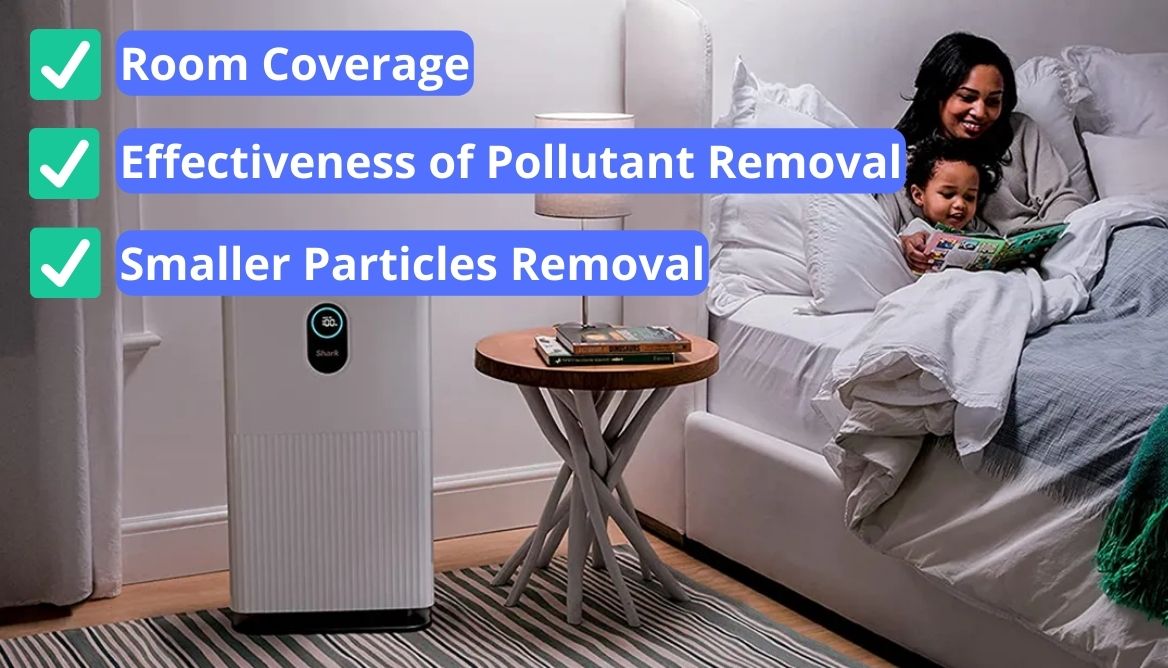
1. Room Coverage
Which one covers more area? Any guess?
- An air cleaner can purify airborne contaminants from larger spaces.
- Air cleaners are compatible with HVAC systems and can filter several rooms.
- An air purifier is suitable for capturing indoor air pollutants from one room only.
2. Effectiveness of Pollutant Removal and VOCs Trap
Well, both air purifiers and cleaners are good devices to deal with indoor air pollution. But their efficiency level differs.
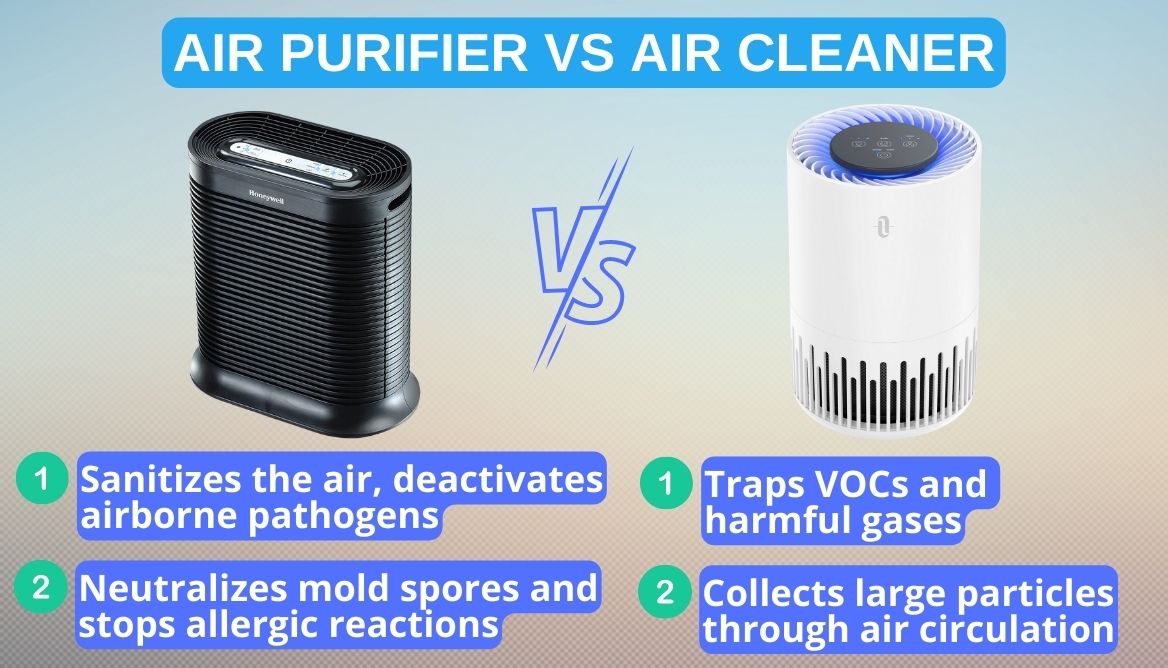
- An air purifier sanitizes the air and deactivates airborne pathogens.
- It neutralizes mold spores and stops allergic reactions.
- Whereas an air cleaner traps VOCs and harmful gases.
- It mainly collects large particles through air circulation.
3. Smaller Particles Removal
Which one can capture smaller particles better? Let’s see.
- An air purifier is best for neutralizing particles of smaller size.
- An air cleaner is not optimal for small particle removal.
- Some air cleaners with high-efficiency particulate air filters can be as effective as an air purifier.
You can find out about the difference more in this video:
Features of Air Cleaner Filtration Technology
Filtration technology in an air cleaner is pretty simple.
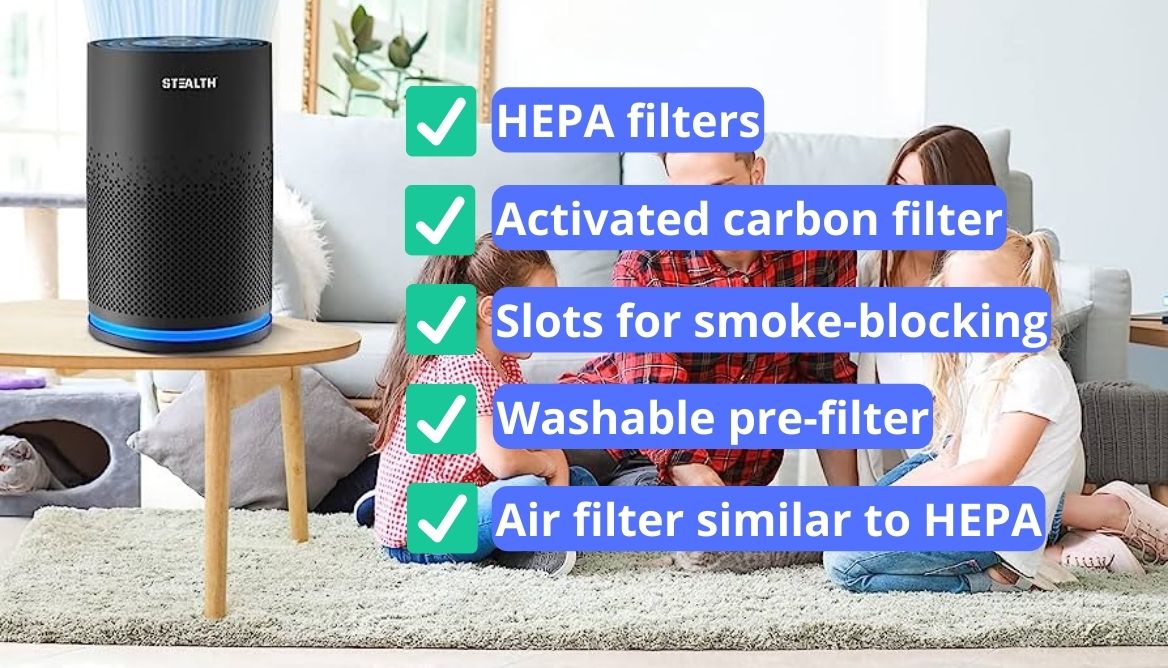
- Air cleaners feature HEPA filters to collect large particles and dust mites.
- There can be an activated carbon filter to reduce volatile organic compounds and foul odor.
- Some cleaners have slots for smoke-blocking or washable pre-filter.
- Some brands don’t meet HEPA certifications. In that case, they use an air filter similar to HEPA.
With this filtration technology, these devices purify your surrounding air.
Features of Air Purifier Filtration Technology
Air purifiers use technologies like ultraviolet light, ozone generators, and even ionizers to purify the air. Today, Many air purifiers have added HEPA filters and activated carbon filters to provide cleaner air.
However, I’m going to tell you about the three basic technology used in air purifiers here.

1. UV Sanitization Against Mold and Particles Eliminate
Some air purifiers use UV light to irradiate and eliminate particles.
- First, the purifier draws the air inside and irradiates the particles.
- Then, UV lights destroy living organisms, molds, and bacterial agents.
- The harmful light doesn’t radiate into the outer atmosphere. So users remain safe.
Remember, UV sanitization is not present in every purifier.
2. Ozone Generator Airborne Contaminants Deactivation
Some purifiers work as ozone generators. Let me tell you how.
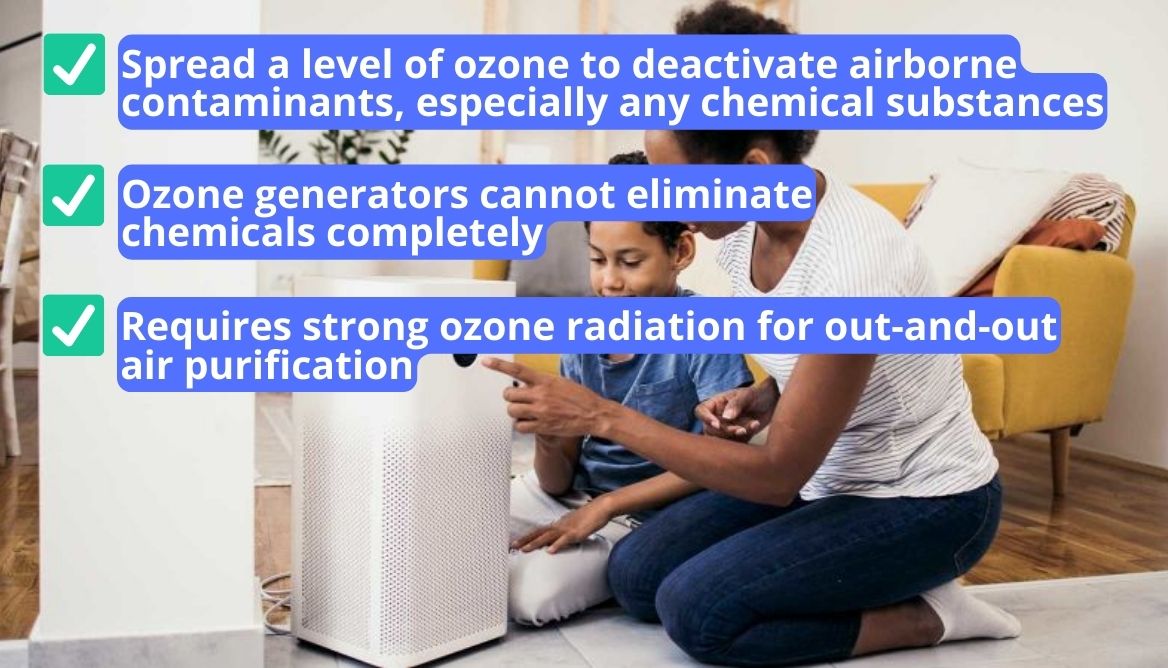
- Air purifiers spread a level of ozone to deactivate airborne contaminants, especially any chemical substances.
- However, ozone generators cannot eliminate chemicals completely.
- It requires strong ozone radiation for out-and-out air purification. Long-term exposure to ozone might be harmful to your body.
So, it is neither a much effective technology nor a safe option.
3. Ionic Air Purifiers Harmful Particles Neutralization
Ionic air purifiers work in a different way than the previous two methods.
- An Air ionizer disperses negative ion/charge into the surrounding.
- The charge neutralizes particles and helps to refresh the air quality.
- However, air ionizer filters are not effective from a long distance. It can only emit charges to the nearby area.
- So, you should get a portable air purifier to get the best results.
Note that long-term exposure to ionic purifiers is also detrimental.
Read Also: Best Ionic Air Purifier: Pick from 11 Industry-leading Units
Should You Choose Air Cleaners or Air Purifiers?
Let’s discover which one you should choose the winner in the fighting air purifier vs air cleaner!
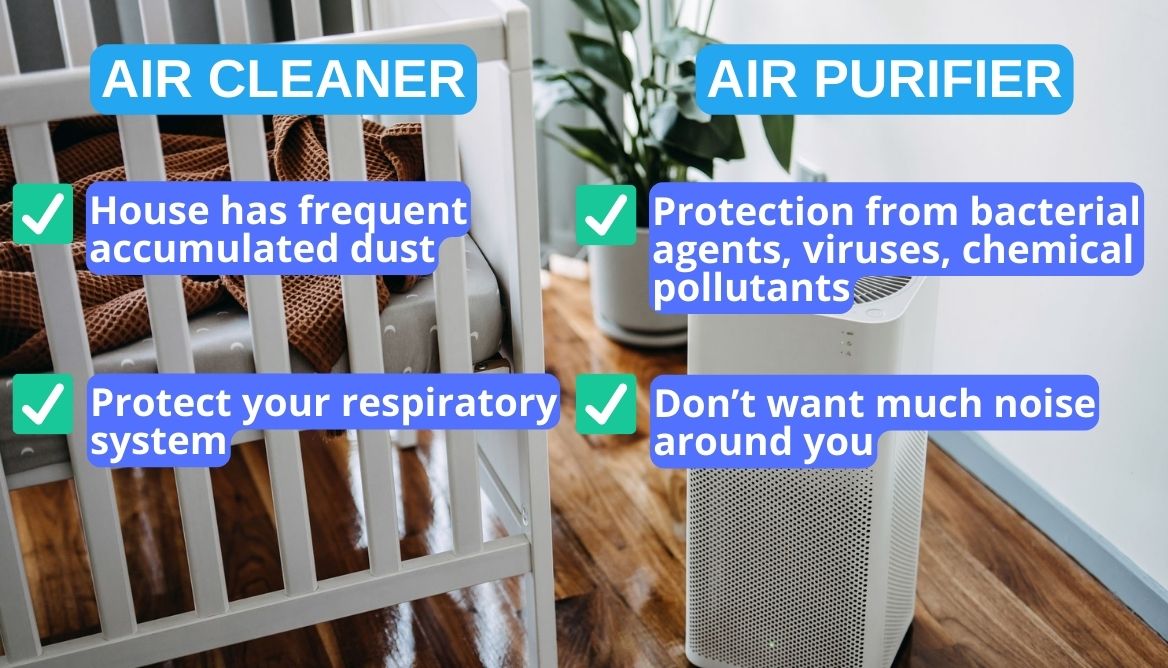
You should go for air cleaners if:
- Your house has frequent accumulated dust.
- You want to protect your respiratory system.
I would suggest you go for an air purifier if:
- You want protection from bacterial agents, viruses, chemical pollutants, and more.
- You don’t want much noise around you.
Read Also:
9 Best Ozone Free Air Purifier in 2023 (Mechanical)
Air Purifier vs Air Filter: Which is the Best Pick
Frequently Asked Questions
Is an Air Cleaner and Air Purifier the Same Thing?
Nope, they have certain distinctions. As they do the same job of air purification, they are often considered identical.
Is There a Downside to Air Purifiers?
Yes, air purifiers cannot cover a large space. Purifiers with ozone can cause the respiratory system.
Which is Better Humidifier or Air Cleaner?
If you want to improve indoor air quality, the air cleaner is a better option. But if your primary concern is dry air, then go for a humidifier.
What does an Air Cleaner do?
An air cleaner purifies the air from the surrounding and provides fresh air to breathe in.
Conclusion
So the closing remark is that air purifiers are now also doing the job of both an air cleaner and a purifier. That’s why you shall find people calling them the same.
And it’s true that an air purifier is more effective in removing particles today. It can both trap particles and deactivate them with ion/charge or UV light. Just remember to check whether the purifier contains a HEPA filter or not.
Here you can find some of the best air purifiers.
Read Also: Clarifion Air Ionizer How to Clean It and Maintaince
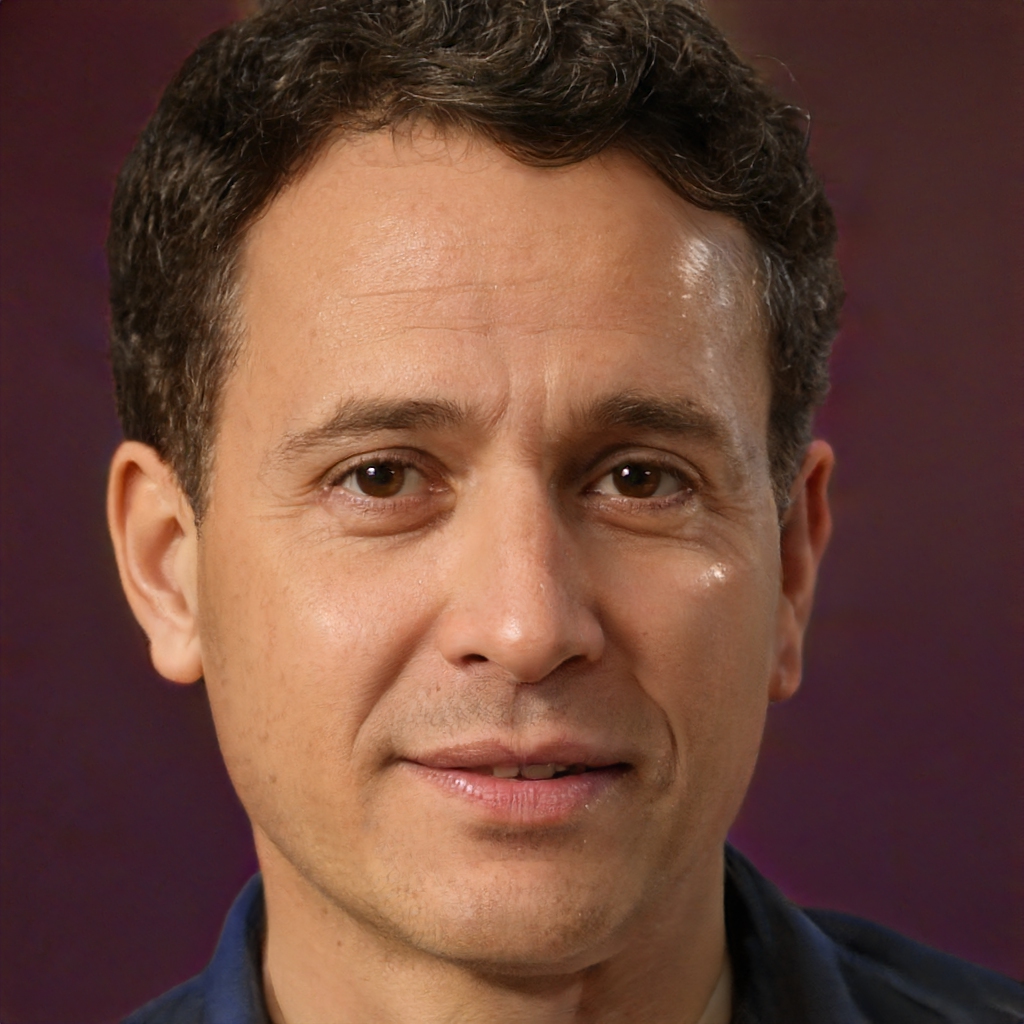
Danny is a passionate writer who loves to share his knowledge about air purifiers. He’s been writing for 10 years, and he’ll share all that experience with Very Well Home viewers to help you make the best decision when it’s time to buy an appliance!







